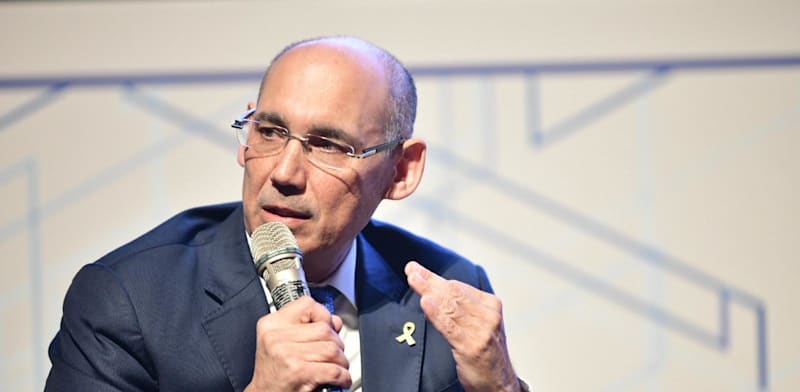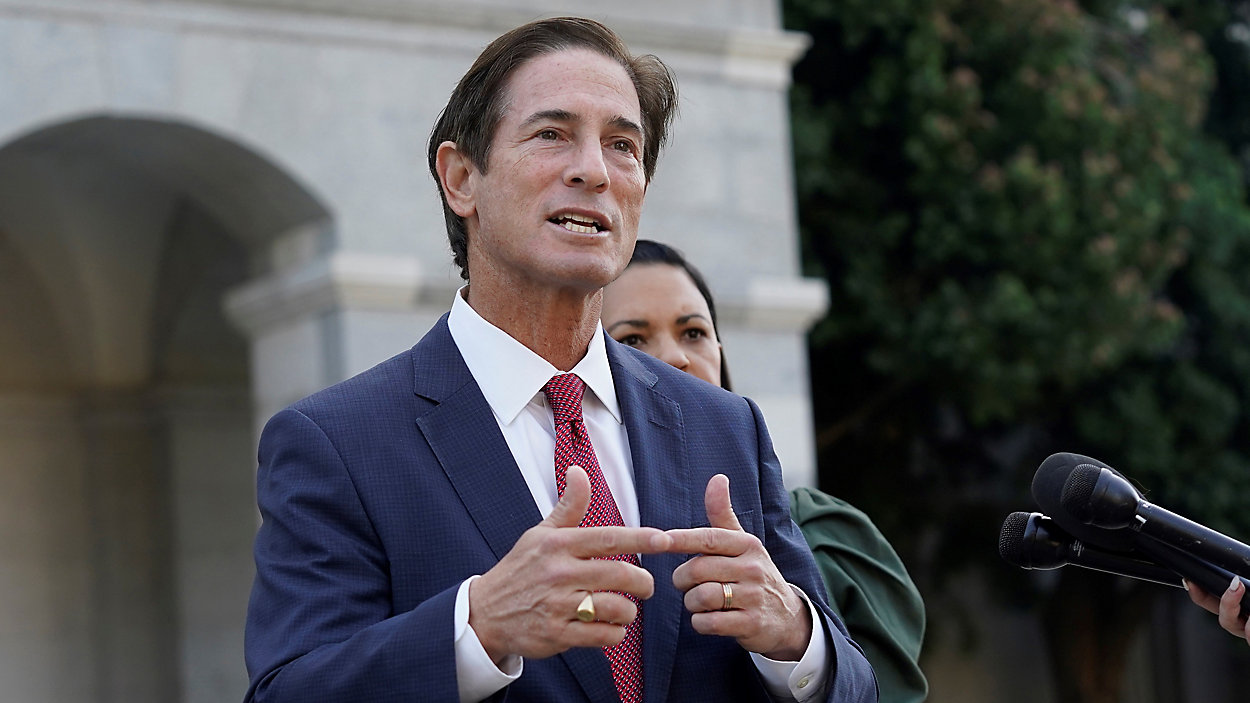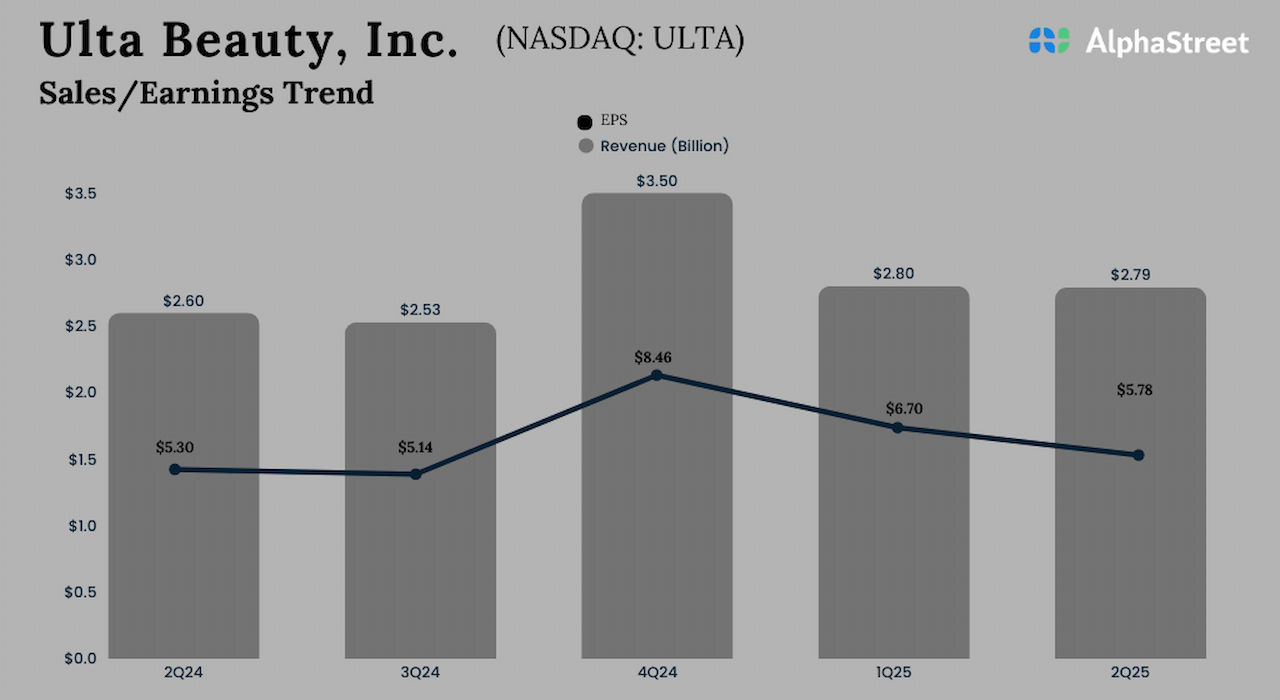After keeping the interest rate unchanged for the 14th consecutive time at 4.5%, Bank of Israel Governor and head of the monetary committee Prof. Amir Yaron has explained to “Globes” why the decision was not influenced by the talks in Washington, and how a possible end to the war will affect the bank’s future decisions.
The decision to leave the interest rate unchanged comes as the Israeli public in general and the markets in particular await news from the Trump-Netanyahu meeting in Washington. However, Yaron continues to keep his cards close to his chest and makes it clear that the results of the meeting in Washington are only part of the bank’s overall considerations.
He told “Globes,” “I don’t know where we will be in two weeks in terms what we will know. As long as there is an intensification of fighting, we know that it affects the mobilization of reserves and supply constraints, and this is of course some kind of catalyst or some kind of vector that works to increase inflation. The more clearly we see the decline in uncertainty, the more we will be able to act.”
He continued, “Ultimately, we are looking to see a consistent process of inflation converging to the target, and that means not just looking at the latest figure. We know that we are right at the upper limit, but we see how difficult it has been to predict the indices over the last six months. If I put the uncertainty aside for now, we may get good indices that will give us more of a cushion for the rest of the year, but we may not. Therefore, this is the decision we made today.”
In other words, even in the event of the end of the war, it is not certain that we will see an interest rate cut?
“The research division’s forecast has been formulated over time. Therefore, in the forecast we included all kinds of analyses of the effects if the fighting is prolonged for another quarter or so. If there is an agreement that leads to sustainable security, along with improving sentiment, we will probably see supply constraints easing, and this will help both activity and probably lower inflation.
“However, the rest of the things will not necessarily be constant, and therefore we made it clear that it also depends on developments on the demand side. “Right now we are seeing high demand alongside a supply constraint, so we will also need to examine how these processes are progressing. It is important for me to stress that we are trying in every scenario to identify a brighter economic trend, and this includes across the entire range.”
We clearly see the change in the direction of the stock market
In the past, you expressed concern about a sharp increase in demand-driven inflation as soon as the fighting in Gaza calms down. Are you still concerned about that?
RELATED ARTICLES
BoI keeps rate at 4.5%, cuts growth forecast
“We have already seen some appreciation on the one hand, and that helps to lower inflation. On the other hand, it is possible that demand will increase. It is possible that even if there is an agreement, it will take a while before we see the supply restrictions loosen. Therefore, all of these processes will affect inflation to some extent, and that is exactly the level of uncertainty that we are in right now, when we do not know exactly how this agreement will take shape.”
US Fed chair Jerome Powell warned last week about overvaluation in the stock market. Is that something you share?
“It is clear that the market has risen very sharply, along with a sharp decrease in the risk premium, which first and foremost probably expressed a decrease in the reflection of security risks. I am speaking mainly after the (Hezbollah) beepers and after the operation against Iran. We see this very clearly in our analyses, the change in the direction of the Israeli stock market. It is certainly not my job to say whether the market is overpriced or underpriced.”
Broadcasting responsibility to the markets
We also asked the Bank of Israel Governor about the threat that Minister of Finance Bezalel Smotrich sent to the bank that if the interest rate does not drop, he will cut taxes. Yaron said at the press conference after the interest rate announcement, that “lowering taxes without lowering interest rates is like taking an espresso after a sleeping pill.” The Governor refused to say how he would act in the event that the government carries out the threat, but said, “We currently want to broadcast responsibility to the markets, certainly in the fiscal area, as long as geopolitical uncertainty is so high.”
“Actually, cutting taxes right now would not help in this direction. In addition, to the extent that there is a feeling that the debt-to-GDP ratio is not under control, it affects inflation expectations and bond yields and debt costs. So from all directions, it does not help the process of lowering interest rates.”
On Prime Minister Benjamin Netanyahu’s Super Sparta speech, the Governor said: “We are a small and open economy. The high-tech engine is a large part of its financing, and a large part of the exits from sales are made in global markets. In addition, many of the things we produce and export are based on imported components, and therefore we are a small and open economy and certainly cannot afford and do not want to be a closed economy,” Yaron concluded.
Published by Globes, Israel business news – en.globes.co.il – on September 29, 2025.
© Copyright of Globes Publisher Itonut (1983) Ltd., 2025.
























